PHP Deprecated: Creation of dynamic property SocialPoints::$string is deprecated in /home/authorsinfo/public_html/administrator/components/com_easysocial/includes/dependencies.php on line 123
PHP Deprecated: Creation of dynamic property SocialBadges::$string is deprecated in /home/authorsinfo/public_html/administrator/components/com_easysocial/includes/dependencies.php on line 123
PHP Deprecated: Creation of dynamic property Joomla\Registry\Registry::$default is deprecated in /home/authorsinfo/public_html/libraries/vendor/joomla/registry/src/Registry.php on line 937
PHP Deprecated: Creation of dynamic property plgContentLayerslideshow::$context is deprecated in /home/authorsinfo/public_html/plugins/content/layerslideshow/layerslideshow.php on line 38
Mahogany Keys: The Complex Image of the African American Man.Part 2. The Black Man's Family
There is an old Romanian saying similar to, “It is only the dead who do not return.” Indeed, in the aftermath of tragedy and life loss there is nothing we can do for the person who is no longer with us.
However, there are many things we, both as a society or individuals, could do so Trayvon Martin’s death does not become yet another American racial crime.
I have struggled with the idea of writing on racism in this country. For the past ten years I have been watching in silence, and have tried to listen to those who – in their best intentions – advised me to stay away from this particular topic. “Better stay out of it,” and I also heard, “Why would you care? It is not your problem.”
There were other bitter personal experiences and labels that were attached to my person as well, just because I was hanging out with people outside my race. I had tried to move on and just leave them in the past, where I thought they belonged.
Yet they did not belong in the past. To me ignoring any form of injustice is more than cowardice or selfishness. I grew up watching the effects of indifference. How can I look the other way when I come from a place of censorship, terror, surveillance and greater social injustice? Maybe some of the people who witness injustice can claim they don’t know what they’re looking at, and if they really don’t that is why we need to educate. But I do know what I am looking at, and for me to pretend it’s not there would mean I would have to live with guilt.
I have lived here long enough to see the daily dose of discrimination. In most cases it is so well disguised that you have to be very good – and I have elevated empathy – to feel it. Sometimes though, we are “fed” with images and myths that are too disturbing to be ignored.
After spending half of my life under the dictatorship of Ceausescu, I think I have a good grasp on reality, media, and how propaganda and brainwashing work.
I am going to start with one of the most popular media myths: the perpetually dangerous black man.
The image of the African American male as being an out-of-control, testosterone-loaded, dangerous and violent thug, whose primary tasks are to do drugs, kill and then rape to death virtually every woman he lays his eyes on struck me from my early days in the United States.
Common sense suggests that it is impossible to have such a “homogenously negative” racial group. From the images we are bombarded with, the black man exists for one purpose: to be good at being bad.
But where are those black men who are fathers, brothers and husbands? Men whom we see every day and maybe we choose to ignore because buying a nicely packed stereotype is always easier than listening to the voice of your own conscience.
***
The Black Man’s Family
Today I have the pleasure of interviewing Mr. M.K. Gayden.
Mr. Gayden, a husband and father of twins yet also a successful professional, made a decision considered very unusual for an African American male: he decided that the life and the well being of his children were far more important than anything else.
Good evening, Michael. Will you be kind and tell us a little bit about yourself?
My name is M.K. Gayden. I am in my mid fifties, got married in my late thirties, first and only marriage, and father of nine-year-old twins, boy and girl. Currently living in Northeastern US, I have lived in Northern California, originally from the Midwest.
Currently I am the owner of Virtually Managed (www.virtuallymanaged.biz), a virtual business and non-profit executive assistant consulting firm for large, medium, and small businesses and the owner of Laris Consulting (www.larisconsulting.biz), a telecom consulting business. A large portion of my career has been in the I.T. field.
Spiritual, but not religious. My philosophy of life is simple...respect other's opinions, never invade other's personal space. But, I will "push back" if someone tries to push their beliefs on me without my permission. I don’t get into other people’s business because I don’t want you in mine. Very proud that family taught me that friends come in all colors and friendships I have cultivated since grade school, high school and beyond are still part of my life.
You are a stay-at-home father of twins. What was behind your decision to be a stay-at-home dad and how was it received in your family and circle of friends?
My twins were preemies and needed additional care. My son had breathing issues and was hooked up to a machine that alerted us when he was not breathing. Because of this, all day care situations wanted to hire a nurse when my son was there. The cost was prohibitive; I would basically be signing my check over to daycare. Also, during this time, I was laid off after twenty one years of employment. Timing was perfect for me to become a stay-at-home dad. I was shocked at how many people were against me staying home. The reasons were many: men should work, women should take care of family, a man is not capable of doing this, and it’s not “manly” for me to stay home while the woman worked. I grew up in a family that did not have gender/responsibility issues: whoever made the most money worked, whoever cooked, cleaned and took care of the kids better stayed home. The titles of man/wife, mother/father were interchangeable.
They were also questioning my abilities as to a man able to raise children.
I must tell you that daycare was a tradition in my family. I grew up watching my mother growing her business as a daycare provider and helping her too. We were four brothers and we all helped. There were no gender-specific tasks, you were asked to do whatever needed to be done.
I also grew up in a family that taught me tolerance. My grandparents, my parents, everyone in my family have always been very tolerant and very non-judgmental. One of my grandmother’s favorite quotes was “everyone black is not your friend and everyone white is not your enemy.”
Tell us about your experience as an African American father in your daily social interactions.
Many people are amused and want to know when I will be going back to work. When I inform them that this is my job, the negative comments that imply I can’t possibly be doing this without help start: do you have a nanny or female relative helping you, do you have a cook, who watches the kids when you run errands, how many phone calls to my mother do I make in a day? Et cetera. Also, since I am in my fifties and my kids are only nine years old, it is assumed that I have older kids. This bothers me as I have explained this is my first and only marriage, but there is a stereotype that many black men have kids out of wedlock. When I mention that these are my only kids, many say “these are the kids you know about” implying that I have slept around and made babies without caring about the responsibility.
Now let us talk about your experience as an Africa American man. Do you think people, especially women outside your racial environment, see you differently because you are of color?
They see me as dangerous. Many believe the stereotypes about black men: aggressive sexual beings (always wanting it), looking for someone to take care of them, not wanting to work hard, no education,
with a criminal background and only into violent music. Streetwise does not mean thuggish. I am college educated, independent (didn’t get married until I was in my late thirties) and have always took responsibility for my actions. My musical tastes are varied (rhythm & blues, country, classical, soul). I worked in an office where I was the only African American. An Asian woman (who had moved to the US in her twenties) would never speak to me, even if I initiated. She would practically run away. Her white office mate noticed this and inquired why. I explained to her that the woman probably avoided me due to the usual negative black stereotypes of black men. I challenged the white coworker to take her to lunch and ask her. An hour later the white office worker ran down the hall, burst into my office and said she was astounded to learn that the Asian co-worker admitted that her family and friends warned her to avoid black people if at all possible, especially black men, since they only want to hurt you. She was told that black men are only into sex and drugs.
When I tell people I don’t drink or do drugs they are surprised. One lady asked me once if I was a recovering alcoholic. I never want the feeling of not being in control of my faculties.
Sometimes white people do not realize the stereotypes.
When I lived in California my roommate was white, and I pointed out that in many films the black men are killed off because they’re expendable and/or their life is not seen as important. And he said “no way.” After an informal survey of movies in many genres, the first person killed in the movie was a man of color.
Can you describe some of the most common discrimination that you faced at your work place as an African American man?
I call it the 99% rule. I have been denied promotions and told that I have most of the skills but not all, even when it is apparent that I was the most qualified (not 100%). I have been in situations where I trained people who eventually became my boss. One job in particular I had to point out that I had more college and more experience yet I was not promotable. Why must blacks have a PhD and whites can get by with a GED?
Were your social interactions different when they involved people from outside the United States?
I became friends with a guy from Singapore who mentioned that I was not any of the things he was told about black men. For example, his family and friends told him prior to moving to the United States that if you make friends, the hierarchy is white, Asian, Hispanic and black last. This pecking order would help in his career and social standing in America. He was told all of the negative stereotypes about black men in America before he even got here.
Would you be kind and tell us a little bit more about the stereotype of a black male who is sexually out of control, aggressive, and ready to have sex with every woman, pursuing every woman and often violent and dangerous?
The negative stereotypes of black men are often attributed to a lack of positive images in media. When business magazine ads show group settings, black men (if they are shown) usually don’t wear a suit and tie (a sign of the one in charge).
During a sales presentation to buy a timeshare in another country, I mentioned there are no black people in the catalogues he was showing me. He could not understand why I was upset. I told him, “you want my money but you cannot put me in a picture? Am I not good enough to be in one of those pictures? To me the entire situation translated into: I am not interested in your demographic, because I think you cannot afford it, but I want your money. If you want my green, respect my black.
Another thing: when you watch those commercials on TV with islands and paradise vacations et cetera. How many times do you see black people? Black people are rarely seen on vacations… I remember asking my wife, “We don’t vacation?”
On the stereotype of the black man who tries to sleep with every woman: one of the things I value in my life are my women friends I would never consider sleeping with. As much as my ego wants to believe it, every woman does not want me for more than a friendship. And most men cannot understand this. The implication is something must be wrong with me. A very close friend of over twenty-five years told me the thing that made our friendship work was the fact that I never attempted to sleep with her.
Who do you think fuels these negative visuals of the black man in American society? Are these random facts or rather a well planned agenda?
Negative portrayals of black men in media outlets fuel the need to have a scapegoat for society’s ills. The black man and black people have become the scapegoat.
Do you think you are an exception to the rule, or are there any other African American fathers just like you? Tell us a little bit more about your interactions with white people.
There are many fathers just like me. The problem is that sometimes the media either does not like positive images or it doesn’t sell. The image of irresponsible black men is a better sell to the public and to people who need someone to blame.
I have a white friend who told me once I was a different kind of black man.
I asked what he meant. He said he has never had black friends because of the stereotypes. He also said that he met black people, and some of them fit their stereotypes but I was different.
Have you ever heard the term “slave mentality” or “complacency”? It is the belief that a person will not strive to achieve greatness because they don’t believe they deserve the best that life has to offer.
I remember one particular conversation. I was sitting with some black people from work and I asked them how high in the company they wanted to rise to.
They all said third or fourth level of management, and I said I would like to be CEO.
And they said right away, “You’re a black man, they are not going to allow you to rise that high in the company. What makes you think you will get there?” My answer was, “Whether I get there or not, at least I will try. It’s not over until I hear the word NO.”
They wouldn’t even try because of the slave mentality. They don’t believe they deserve better.
My coworkers called me “righteous Mike” because I’m not impressed with their sexual adventures. I would be more interested in their knowledge of economics, politics, culture, et cetera. I have more respect for the man who is discreet.
What do you feel as an African American parent when you hear about situations such as the Trayvon Martin case? What should we do as society to ensure normalcy? Where should we start and why?
Outrage that America acts as if racism does not exist. If Trayvon was white and George was black, George would have immediately been arrested. This country has had a race issue since its founding and no one wants to point this out or talk about it. African American parents want the same things as everyone else, strong families, schools, businesses, neighborhoods, et cetera.
We should start in schools. At age three I was told that my son was showing signs of ADHD and other issues and/or he might be autistic. We had him tested at our own expense and he tested negative for those conditions.
There is a perception among black parents that kids of color are more likely to be diagnosed with behavioral issues than non-whites. I’m not sure if this is true, but the percentages suggest it.
Later on we put him in a private school and my son is a B+ student now.
Black children must be given the same educational opportunities as other children early to insure success. And we must instill a sense of pride and the belief that we are equal.
Does the darker tone of the skin mean more danger in other words if someone is darker is he perceived as far more dangerous?
Yes. The perception from my experience is the darker the skin, the more sinister and therefore more dangerous you are as a male.
I was once at a conference and overheard two black women stating that a handsome African-american male was nice but was too dark. What the hell does that mean?
Growing up as a child have you ever been taught to be careful what you talk about around white people?
I grew up with “every black person is not your friend and every white person is not your enemy.”
My grandma told me, “Michael some black folks segregate themselves.” She taught me to pick my friends by their hearts not by their color.
***
Dear Mr.Gayden I would like to thank you for this amazing insight into your own life and thoughts as an African American man, husband and father in the twenty-first century United States of America. I truly believe your honesty and openness will open the eyes of many white people and make them understand the reality from your standpoint. I also hope it will encourage more people of color to open up and share their experiences, so all these unfortunate sad situations disappear. As long as we do not have a dialogue we cannot change anything.
You can reach Mr. Gayden at his email address:
Mahogany Keys: The Complex Image of the African American Man
© 2012 by Oana
Special thanks to E. Joyce Moore whose help with completing this project was priceless.
When you subscribe to the blog, we will send you an e-mail when there are new updates on the site so you wouldn't miss them.
PHP Deprecated: Creation of dynamic property EasyBlogPost::$isImage is deprecated in /home/authorsinfo/public_html/administrator/components/com_easyblog/includes/themes/helpers/post/entry.php on line 415
PHP Deprecated: Creation of dynamic property EasyBlogPost::$isImage is deprecated in /home/authorsinfo/public_html/administrator/components/com_easyblog/includes/themes/helpers/post/entry.php on line 415
PHP Deprecated: Creation of dynamic property EasyBlogPost::$isImage is deprecated in /home/authorsinfo/public_html/administrator/components/com_easyblog/includes/themes/helpers/post/entry.php on line 415
PHP Deprecated: Creation of dynamic property EasyBlogPost::$isImage is deprecated in /home/authorsinfo/public_html/administrator/components/com_easyblog/includes/themes/helpers/post/entry.php on line 415
PHP Deprecated: Creation of dynamic property EasyBlogPost::$isImage is deprecated in /home/authorsinfo/public_html/administrator/components/com_easyblog/includes/themes/helpers/post/entry.php on line 415
PHP Deprecated: Creation of dynamic property EasyBlogPost::$isImage is deprecated in /home/authorsinfo/public_html/administrator/components/com_easyblog/includes/themes/helpers/post/entry.php on line 415

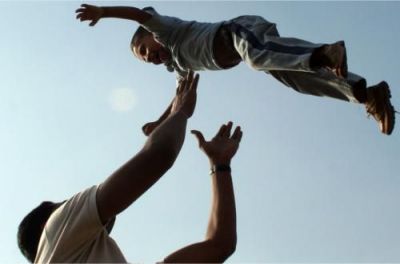

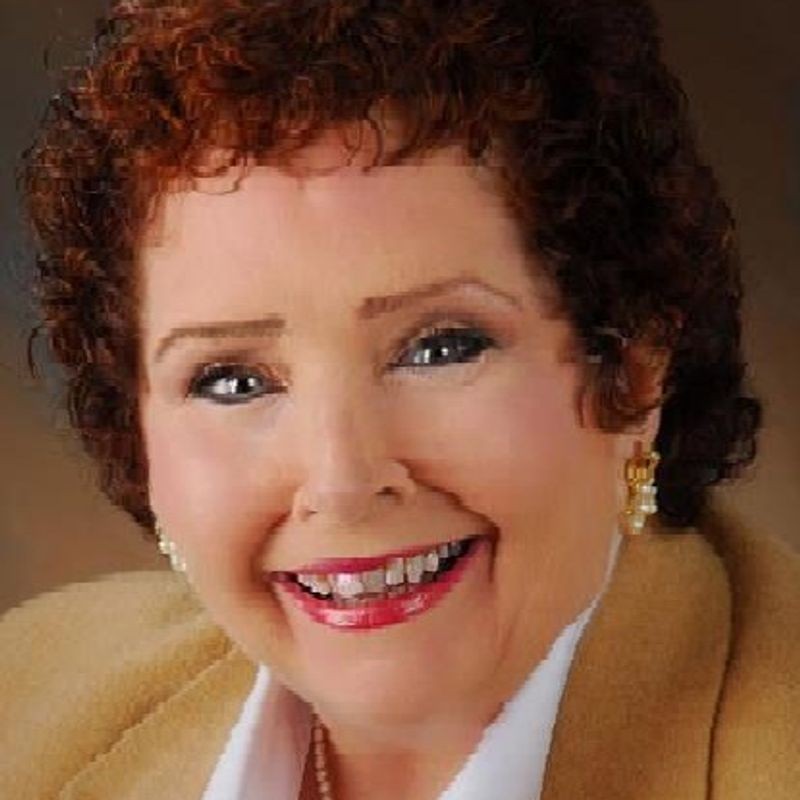
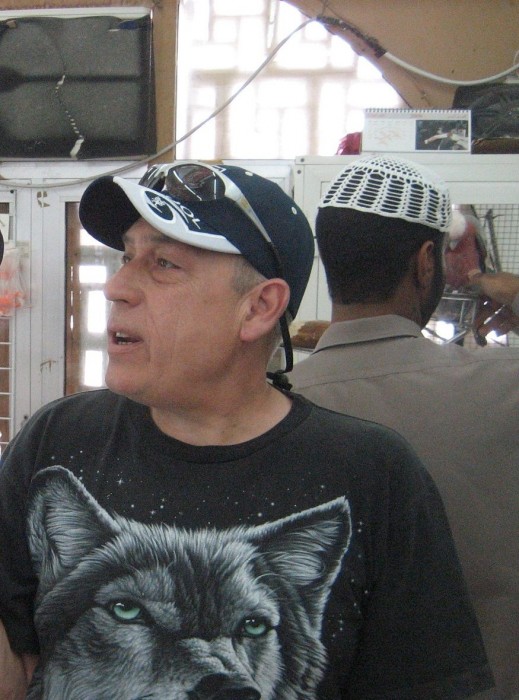

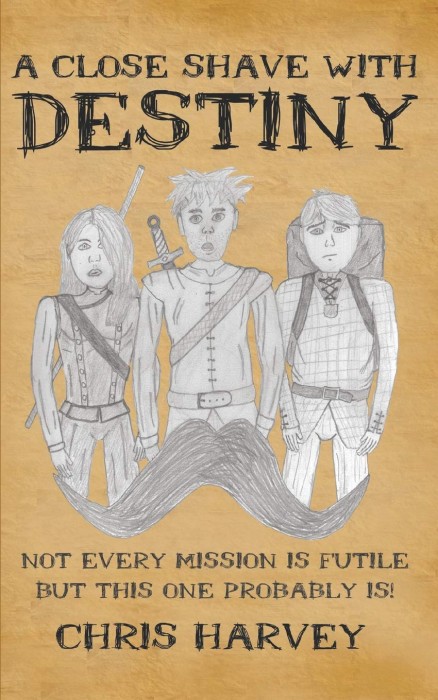


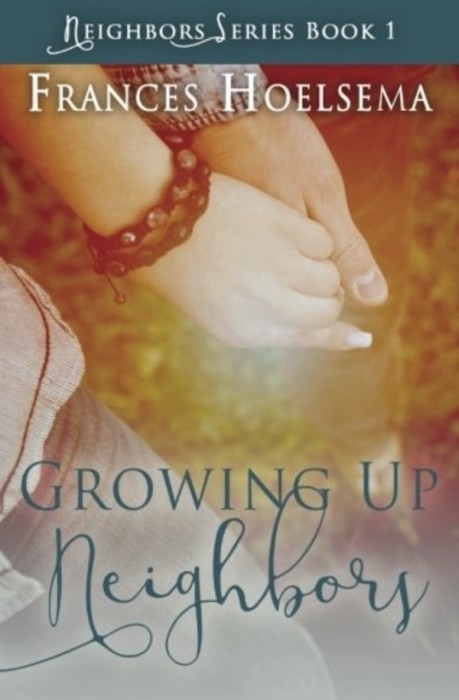
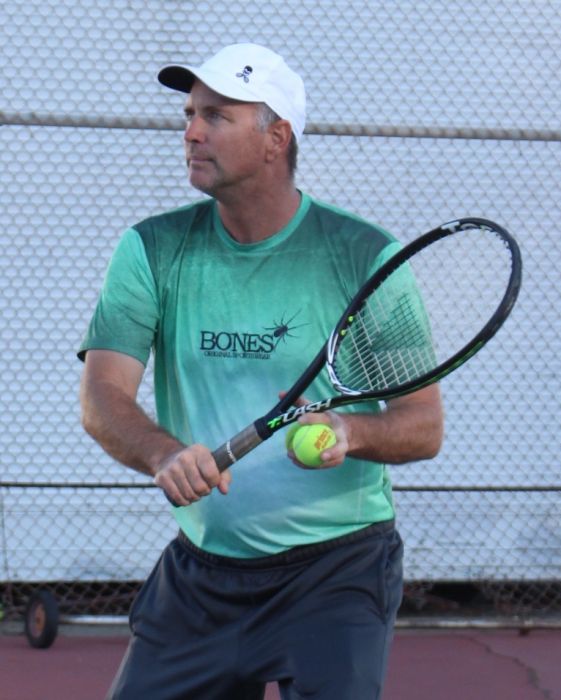
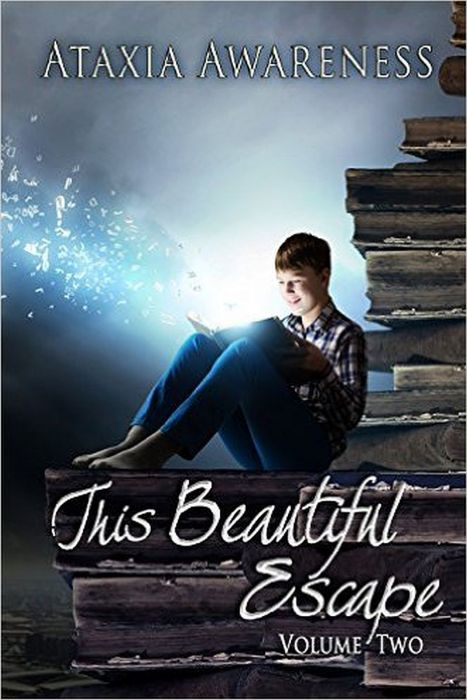
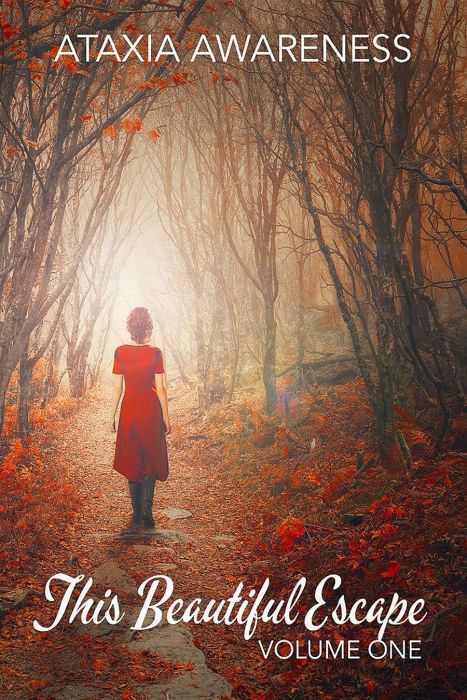





Comments